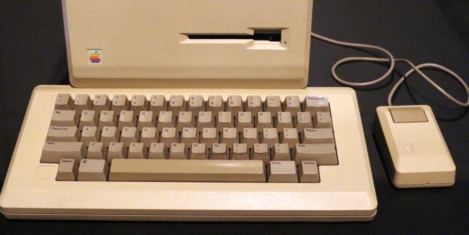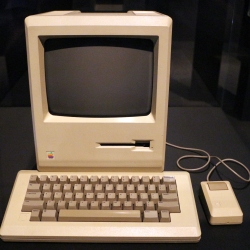To provide the best experiences, we use technologies like cookies to store and/or access device information. Consenting to these technologies will allow us to process data such as browsing behaviour or unique IDs on this site. Not consenting or withdrawing consent, may adversely affect certain features and functions.
The technical storage or access is strictly necessary for the legitimate purpose of enabling the use of a specific service explicitly requested by the subscriber or user, or for the sole purpose of carrying out the transmission of a communication over an electronic communications network.
The technical storage or access is necessary for the legitimate purpose of storing preferences that are not requested by the subscriber or user.
The technical storage or access that is used exclusively for statistical purposes.
The technical storage or access that is used exclusively for anonymous statistical purposes. Without a subpoena, voluntary compliance on the part of your Internet Service Provider, or additional records from a third party, information stored or retrieved for this purpose alone cannot usually be used to identify you.
The technical storage or access is required to create user profiles to send advertising, or to track the user on a website or across several websites for similar marketing purposes.
 Businesses now face the huge challenge of managing office returns and addressing the underlying generational divides and mistrust that have surfaced as a result of the pandemic years. With the Office for National Statistics (ONS) having released new data on UK productivity levels that show productivity remains sluggish, the impact of hybrid working models on productivity and employee well-being, especially in light of last year’s unprecedented spike in sick days, is an important issue. (more…)
Businesses now face the huge challenge of managing office returns and addressing the underlying generational divides and mistrust that have surfaced as a result of the pandemic years. With the Office for National Statistics (ONS) having released new data on UK productivity levels that show productivity remains sluggish, the impact of hybrid working models on productivity and employee well-being, especially in light of last year’s unprecedented spike in sick days, is an important issue. (more…)












 For years it has been evident that there is no ‘future of work’. There is only a journey with no destination and no single way of not getting to it. That hasn’t stopped people talking about it all endlessly. And each time they have, I’ve reached for my pistol.
For years it has been evident that there is no ‘future of work’. There is only a journey with no destination and no single way of not getting to it. That hasn’t stopped people talking about it all endlessly. And each time they have, I’ve reached for my pistol. 






















February 28, 2024
The hybrid working office: ushering in a new era for the workspace
by Jeni Taylor • Comment, Flexible working, Workplace design